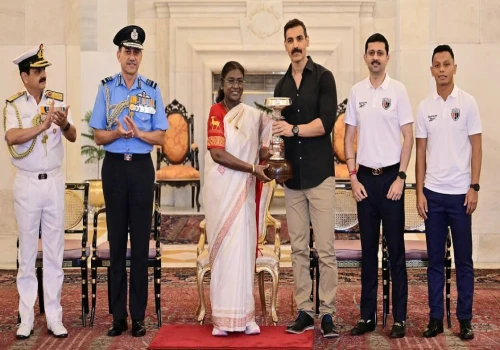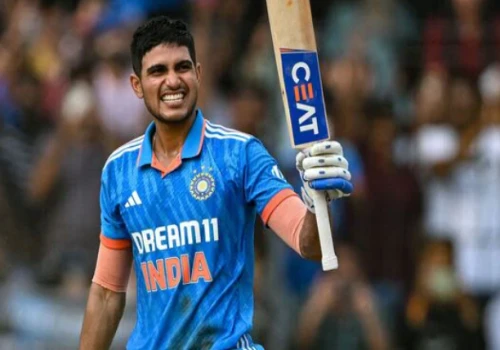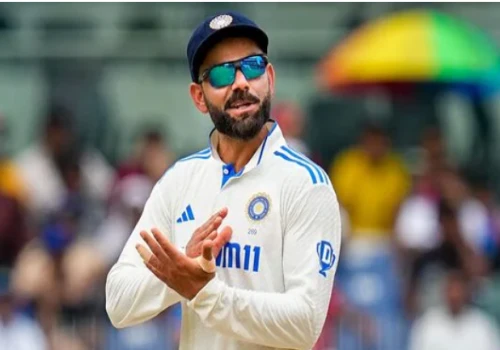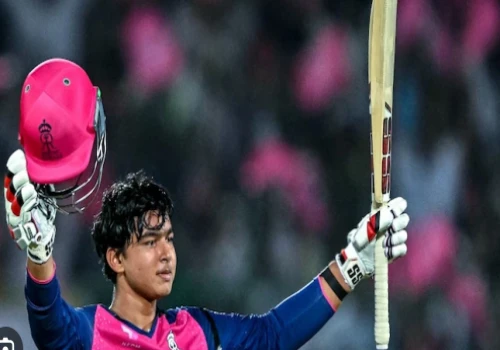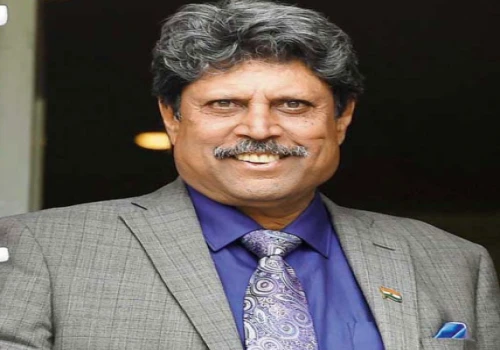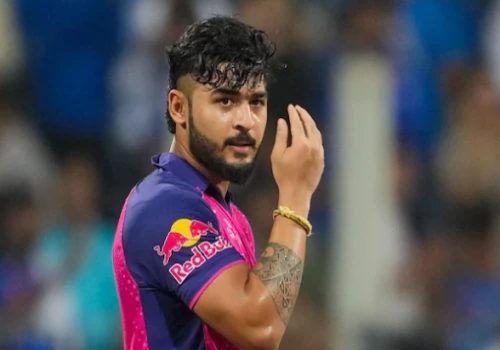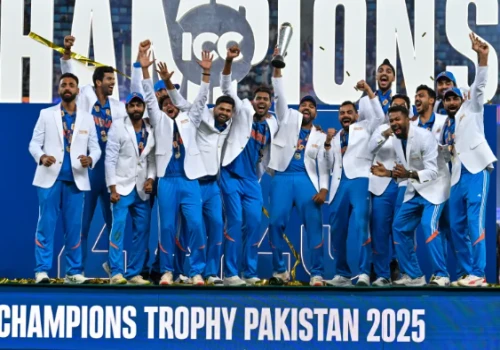
At the 2023 Asian Champions Trophy, Harmanpreet Singh and company, the only team to medal in the last two Olympics, easily defeated every opponent. A month later, the world's No. 5 team swept the gold at the Hangzhou Asian Games, crushing every team by enormous scores. India won the continental championship for the sixth time in eight editions on Tuesday, defending their Asian Champions Trophy title despite not fielding their strongest team in the Chinese city of Hulunbuir. Just not without a battle this time.
China, the lowest-ranked club in the six-team competition at No. 23, made India work hard and go 51 minutes without scoring a goal, something that hadn't happened before the final. Eventually, in the fourth quarter, defender Jugraj Singh (51st) scored, giving India a 1-0 victory. The hosts struggled in the first three round-robin games of the tournament, losing to India 0–3. However, they improved as the competition went on, defeating Malaysia, Japan, and Pakistan to earn a spot in only their second-ever international hockey final, having previously lost to South Korea in the 2006 Asian Games summit match.
In a match between the top and worst teams in the competition, a very jubilant Chinese squad, encouraged by a boisterous home audience at the crowded Moqi Training Base, attacked and defended as a cohesive unit.
India had the majority of the possession—84 percent at halftime—but they were unable to overcome a very strong Chinese defence that man-marked every Indian forward in the attacking circle and switched to a zonal strategy as soon as they left the defensive zone.
In addition to blocking four of Harmanpreet's drag-flicks, Wang Weihao's goalkeeping was outstanding as he stopped several attempts by the Indian front line, which included Abhishek and Sukhjeet Singh. As the game went on, their attackers and midfield gained confidence, understanding that they could push the Indian defence and launch attacks as well as defend well. This allowed them to earn five penalty corners (PC), one more than India. Short corners, though, were when the inferiority was evident. The PC opportunities were too simple for goalkeepers Krishan Bahadur Pathak and Suraj Karkera to save, ranging from shoddy injections to helpless flicks.
India dominated possession for much of the game, however Craig Fulton, the head coach, expressed his anger on the sidelines due to the lack of goals. Still, Harmanpreet and his group thought their opportunity would present itself. And it did, too, even from the most unlikely of places. In lieu of using a computer, two defenders and drag-flickers helped score with a masterfully crafted field goal. Harmanpreet, the Player of the Tournament, made an unusual decision with just nine minutes remaining. During a long corner, the captain of India, who typically plays as a centre or right back, moved to the left flank and brought the ball inside the striking circle by himself. He did this while eluding three Chinese defenders and passing it to Jugraj, who at goalmouth only needed to push it past Weihao.
Throughout the game, the audience was boisterous, but as it came to an end, the crowd became silent. In the last five minutes, China coach Yu Seung-jin made the decision to substitute an additional field player for their custodian. China managed a few of circle entries in the last few minutes, but the Indian defence had enough experience to hold onto their advantage and win the championship to start their new Olympic cycle.




